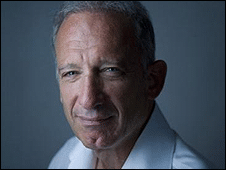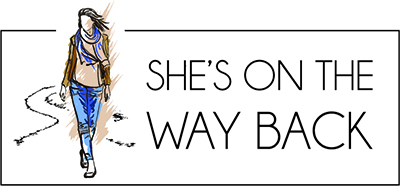A few years ago, the respected French cardiologist Dr Olivier Ameisen, who had served as the official physician to the prime minister and a recipient of the Légion d’Honneur, wrote a book about his self-medicating path to recovery from a severe case of alcoholism. While we hear so much about cancer, “according to the World Health Organisation, approximately two million people around the world die from the effects of alcohol each year, more than from any single form of cancer. 
His book, The End of My Addiction, has been very controversial. Many are skeptical of any cure that doesn’t follow the traditional perspectives, yet there are a number of reported success stories.
A recent article published in GQ Magazine, The One Step Program, reports that “around the world, at least ten doctors are now prescribing high-dose baclofen to more than 300 patients, and their reports suggest that well above 50 percent of those patients are getting sober, from Ann Arbor to Glasgow to Geneva to Berlin. . . ” this is compared to the usual relapse for alcoholics “at a rate of at least 75 percent, with or without the three FDA-approved medications for alcoholism—naltrexone, acamprosate, and disulfiram.”
A study of a small sample, published by Oxford Journals, concluded that “baclofen proved to be effective in inducing abstinence from alcohol and reducing alcohol craving and consumption in alcoholics.”
There hasn’t been a lot written about baclofen’s use for alcohol treatment yet, in the US. The GQ article is the most recent and balanced that I’ve found so far. I’d love to hear from any of you about experiences with it.
